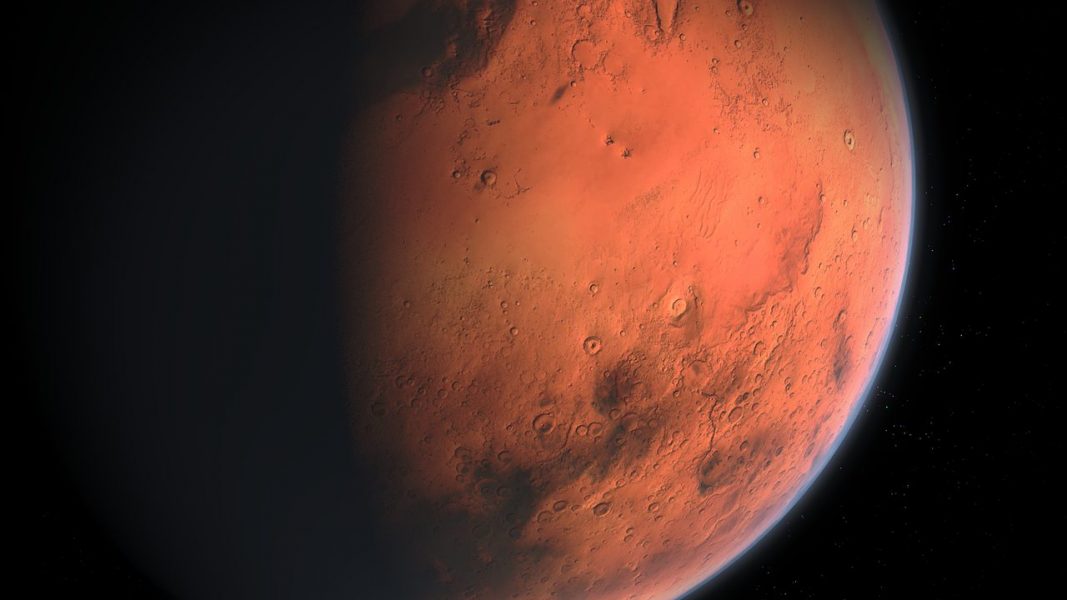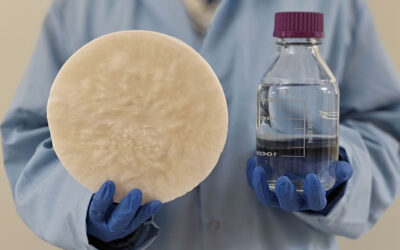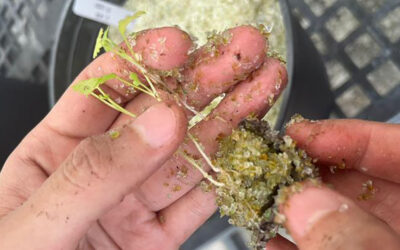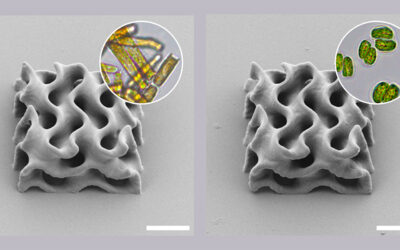The 50th anniversary of the first manned moon landing has stimulated media and lay interest in the possibilities of manned lunar and Martian bases. One of the major barriers to successful human extraterrestrial habitation and long duration space flight is that of sustainable life support.
At present, traditional life support systems have a range of limitations such as the high logistic cost of sufficient levels of packed food and oxygen supplies, and the returning of waste—all which are further restricted by the volume limitations of the spacecraft.
In their paper published in the Journal of Chemical Technology and Biotechnology, Limin Yang and colleagues discuss the potential for microalgae-based bioregenerative life support systems to provide sustainable solutions to these obstacles.
Realizing the need for resource recycling, bioregenerative life support systems involve an artificial ecosystem employing photosynthetic organisms, not only for oxygen generation but also as a source of nutrition and waste management. Key benefits of utilizing microalgae in this way are its high photosynthesis rate over normal plants, its potential as a value-added food source and its role to assimilate nutrients in wastes to produce recycled water and biomass.
The concept is not without its challenges. To cultivate the necessary quantities of microalgae to provide nutrition and waste treatment capabilities for a manned crew will necessitate a substantial water supply which probably makes this application impractical for space transit vehicles but possible for static or orbiting bases.
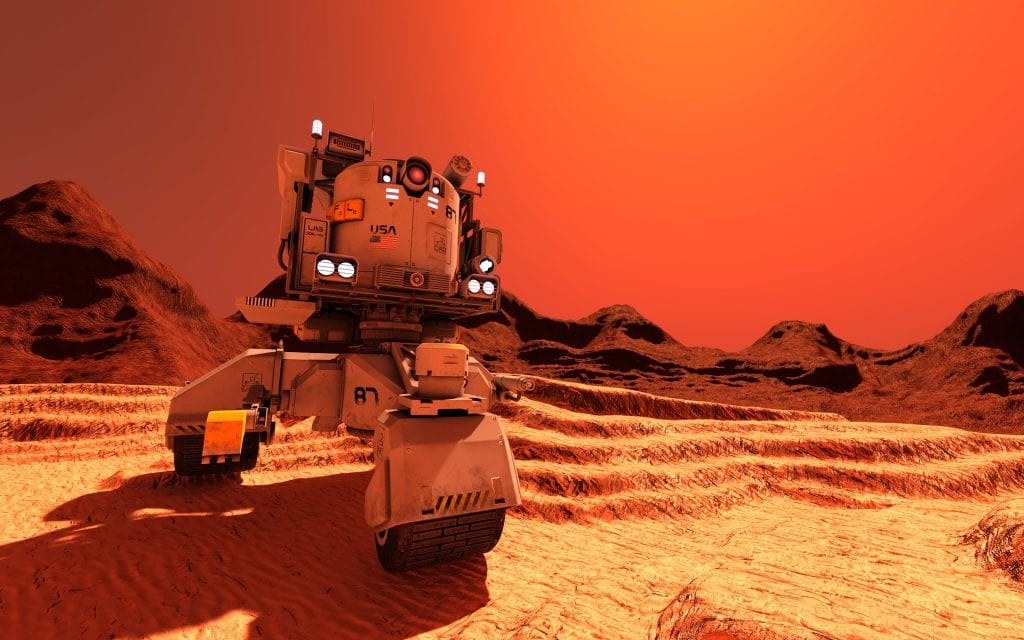
The use of biofilm technology may make oxygen generation by microalgae sufficiently efficient to contribute to long duration space flights. Despite the present shortcomings, the potential for regenerative life support systems based on microalgae is sufficient to be stimulating the research efforts of space agencies and laboratories around the globe and is an exciting prospect for supporting astronauts in space travel and space station habitation.
One micro-step for a microalgae researcher may lead to giant steps for humankind.

